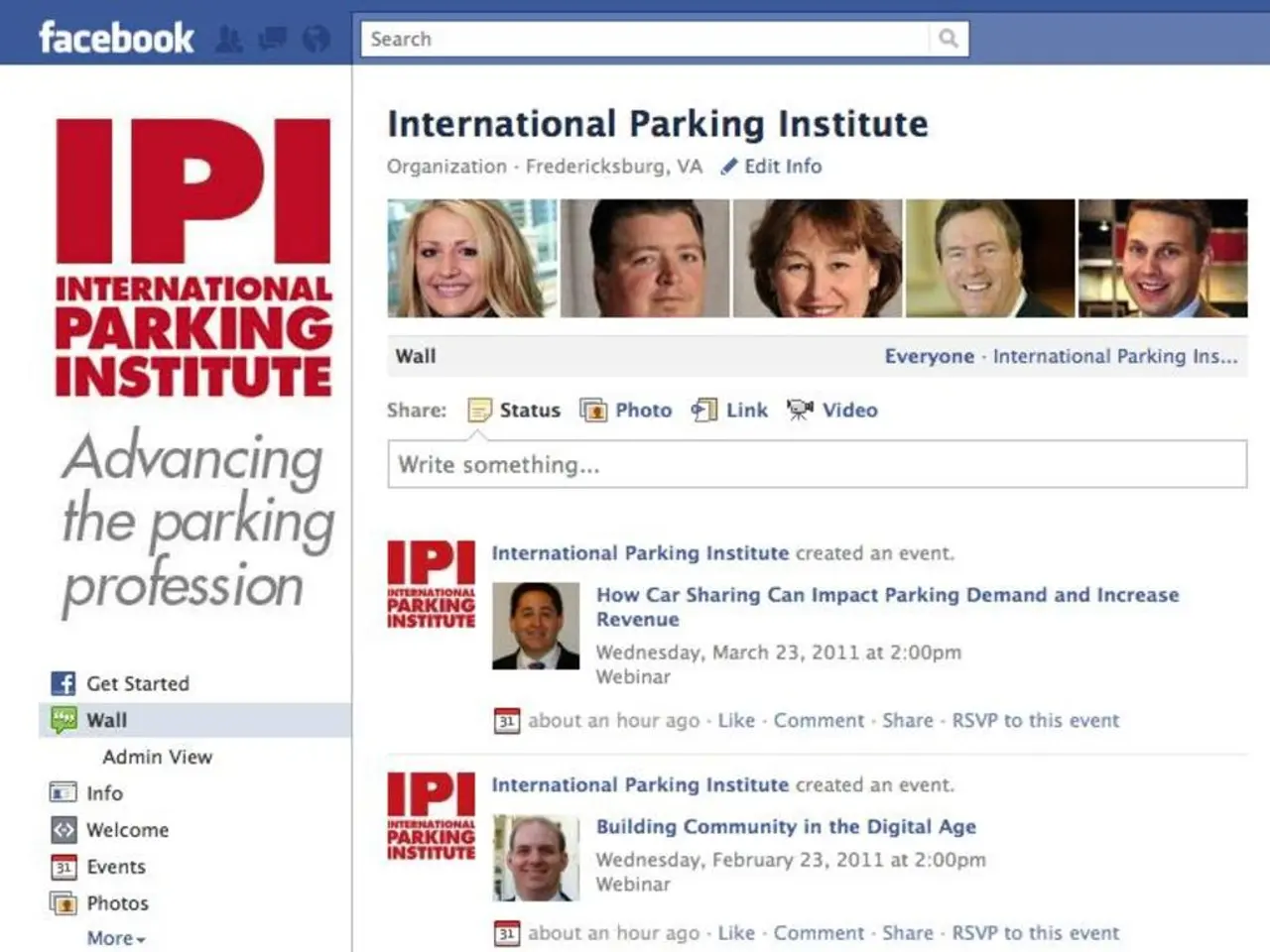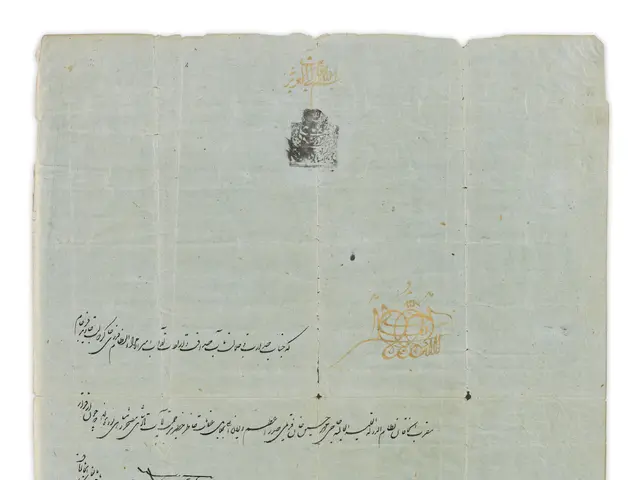Government's Potential to Adjust Free Speech Regulations on Social Networks
The Supreme Court of India has issued a call for careful consideration in the regulation of social media, emphasising the need to safeguard citizens' fundamental rights. This comes amidst growing concerns over the uncontrolled freedom of expression, particularly online.
Recently, the court criticised the Gujarat police for registering a First Information Report against a Congress Member of Parliament based on a poem that espoused non-violence. The court's concern is that such actions may infringe upon the citizen's fundamental right to speech and expression.
In Kerala, there has been severe criticism of a genre of movies that glorifies violence. The chief minister has announced a discussion with filmmakers on the topic, indicating a growing concern about the impact of media on society.
The Supreme Court's suggestions for social media regulations are aimed at ensuring that online programmes adhere to "well-known moral standards" without censorship of the right to speech and expression. However, there is a risk that these measures could potentially curtail this freedom.
The court's decision comes seventy-four years after India's Constitution was established, which values freedom of speech and expression as critical to democracy. Yet, the first Prime Minister of India, Pandit Jawaharlal Nehru, introduced some restrictions on this freedom, citing the potential for it to be used to advocate for violence.
The Supreme Court serves as a guardian of fundamental rights, including the right to freedom of speech and expression. In other countries with written constitutions, freedom of speech and of the press is not considered to debar the state from punishing or preventing abuse of this freedom.
However, the court has also proposed regulatory measures to curb the misuse of the right to freedom of speech and expression. This was evident in the 2013 Subramanian Swamy vs. Union of India case and in ongoing jurisprudence up to recent years, where the Court emphasised balancing this freedom with public order and morality.
The court's suggestion is that the government must keep in mind the sanctity democracies attach to the right to freedom of speech and expression when pondering over prospective measures. There is a risk that when the government wades into the area of regulating freedom of speech and expression, it may cause unintended harm.
The Supreme Court's suggestions for social media regulations should not end up causing harm to the intended beneficiary, the citizen. Courts are now compelled to call the attention of the government to frequent instances of the abuse of freedom of speech and expression. The court's latest call for caution underscores the need for a balanced approach in regulating this fundamental right.
Read also:
- Peptide YY (PYY): Exploring its Role in Appetite Suppression, Intestinal Health, and Cognitive Links
- Toddler Health: Rotavirus Signs, Origins, and Potential Complications
- Digestive issues and heart discomfort: Root causes and associated health conditions
- House Infernos: Deadly Hazards Surpassing the Flames







